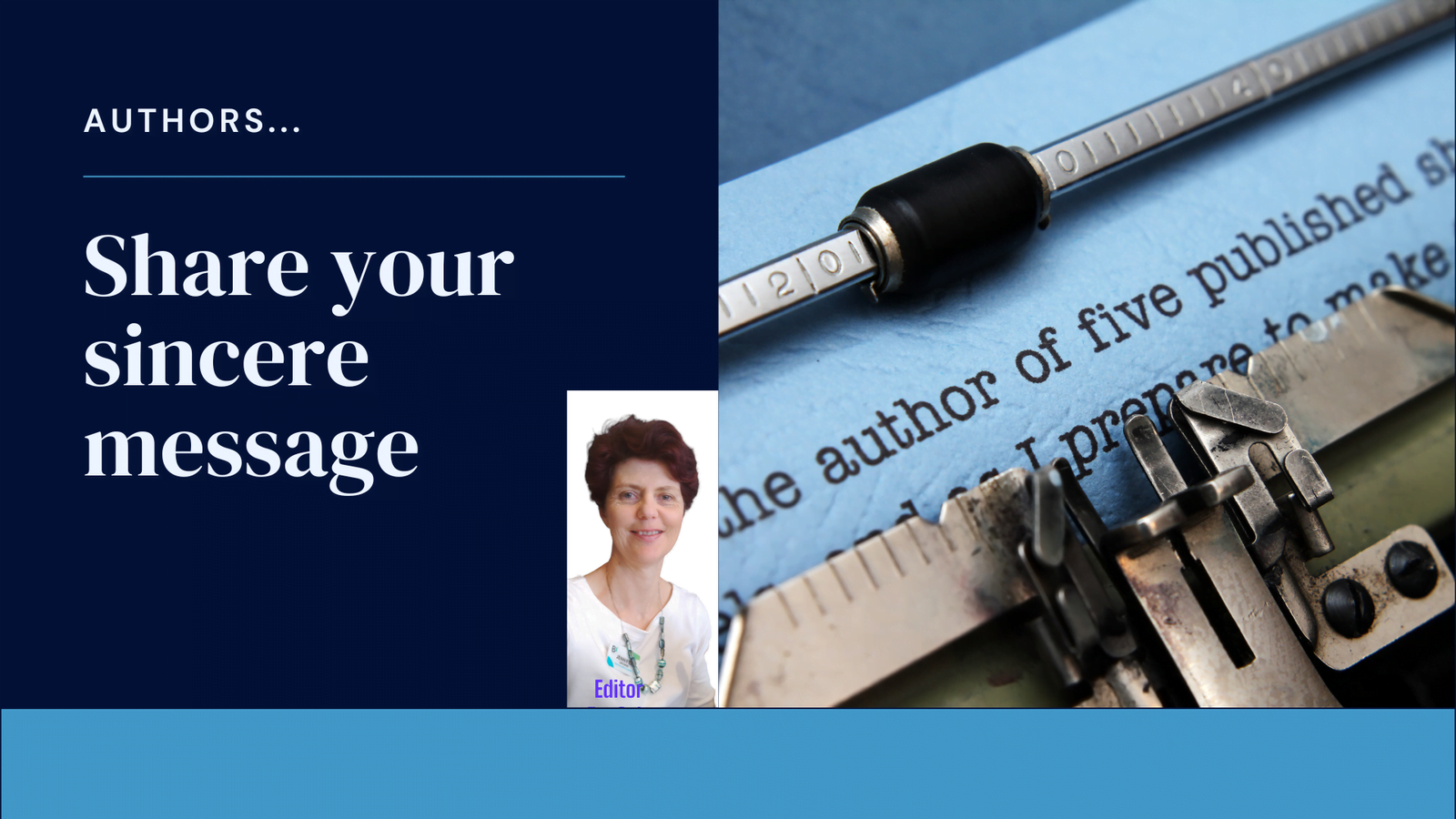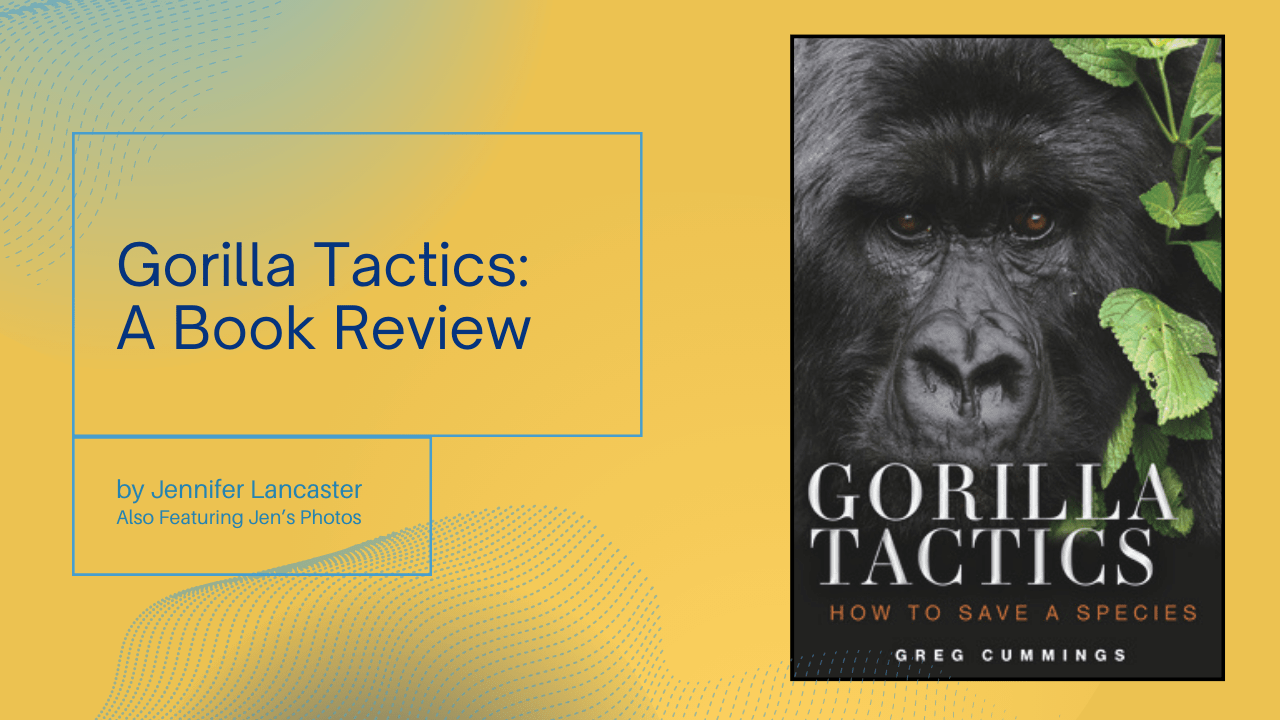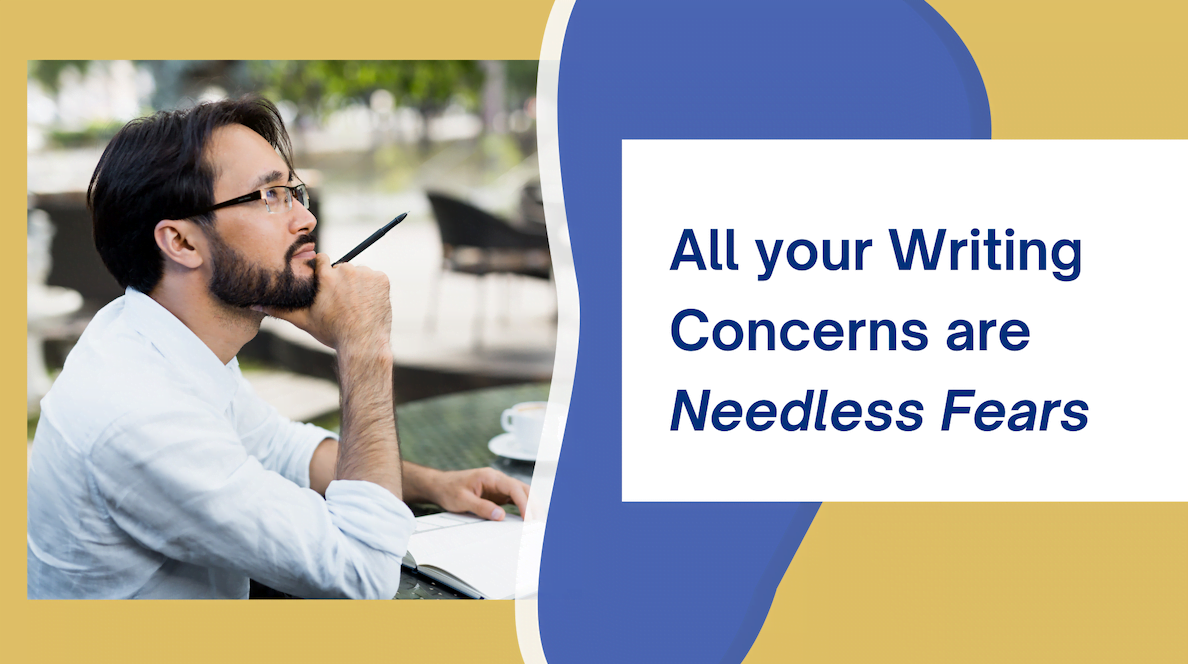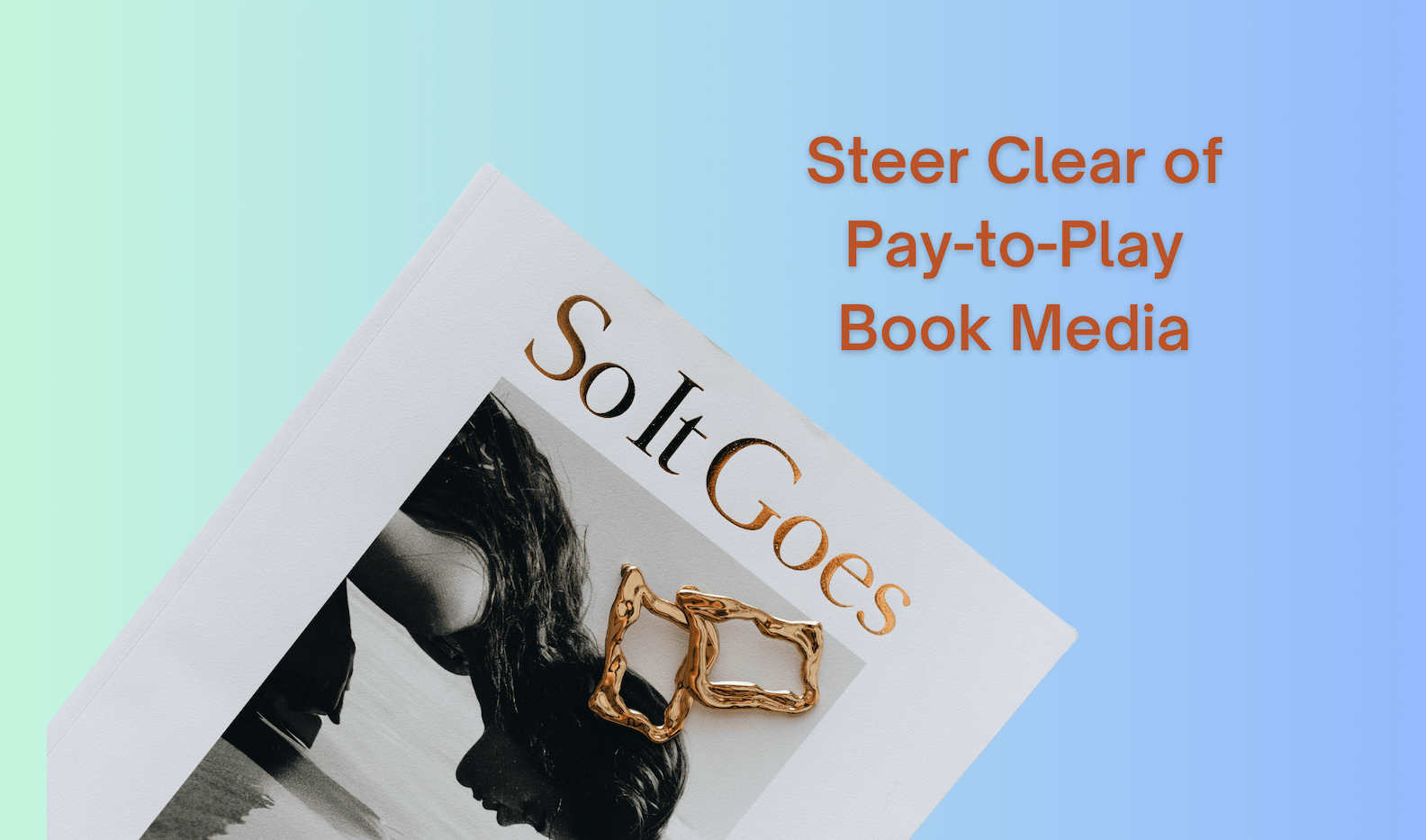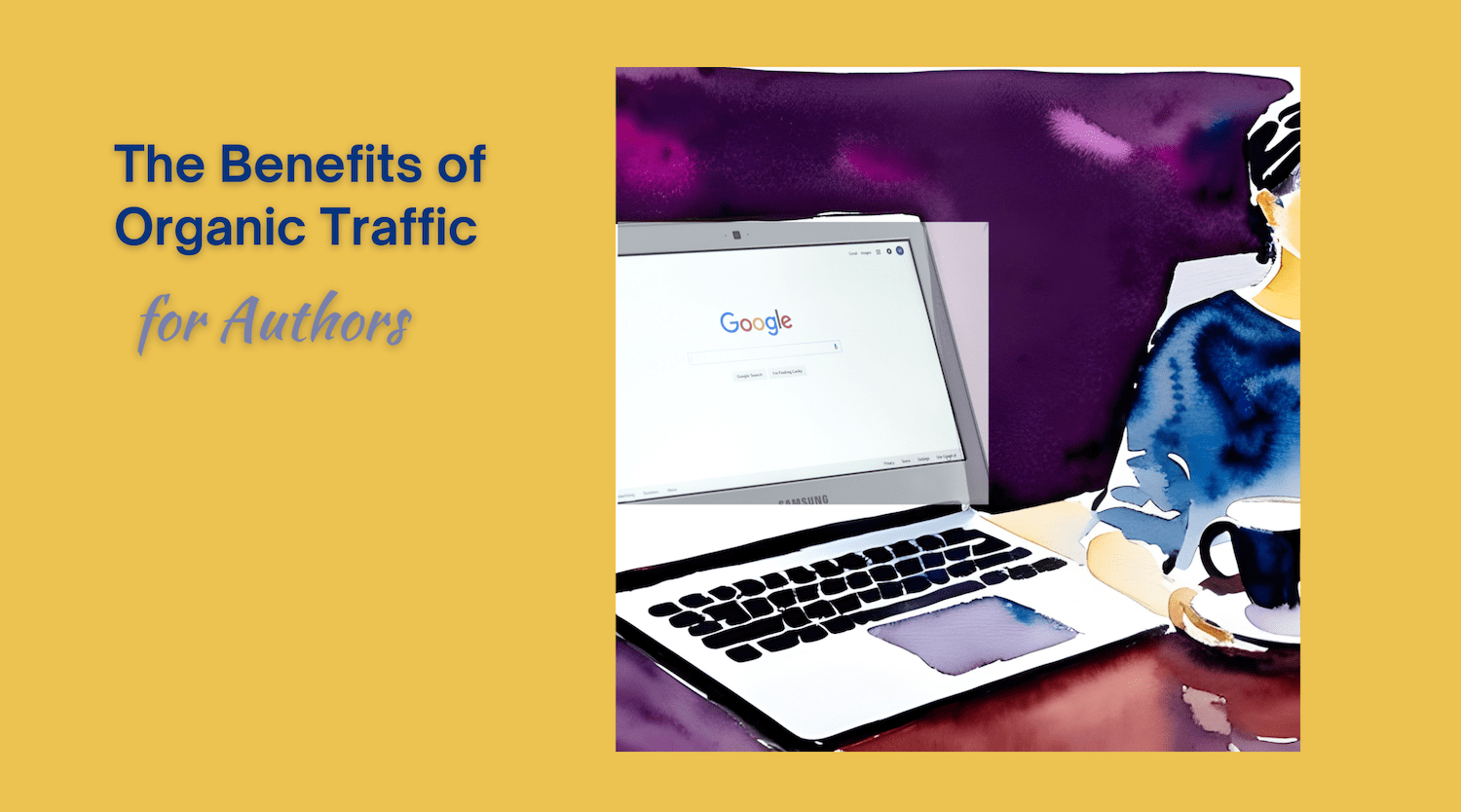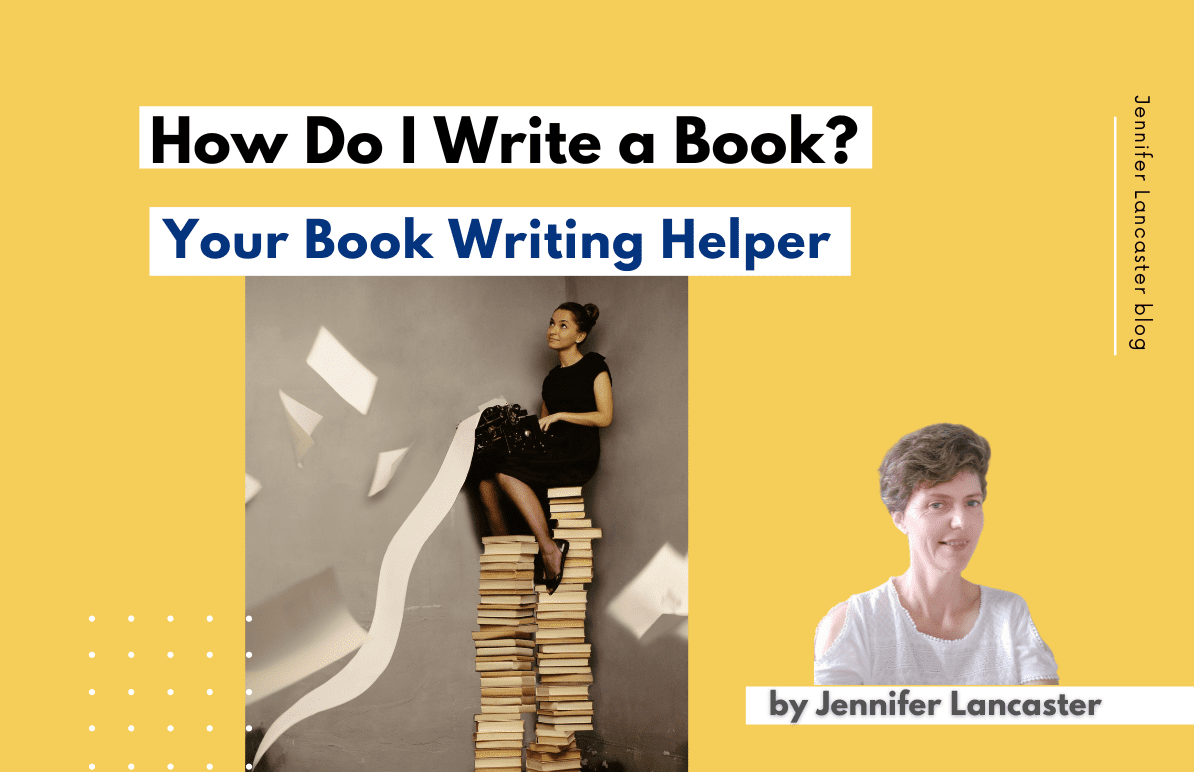I’ve just been reading about self-published authors’ points of view on the necessity or editing their book, and was surprised to find out experienced authors do value professional book editing services – once they’ve experienced it. But how do we achieve affordable book editing rates?
Obviously I have been in both the writer and the editor’s seat, so I know how much time it takes to edit to a good result and how at times you need to “switch brains”. With the luxury of time, it could be ten times that I’ve gone over my own books… checking, line editing and re-structuring. But why is all this ‘fluffing’ necessary?
Well, think of the last time you selected a non-fiction book and handed over $25 or so. You were eager to read up on this subject, so you can overlook a few typos. But say this book was self-published on the cheap, and you found it: a) hard to read because the line spacing was not quite right; and b) you couldn’t follow quite what the author was saying in some places and in other places they repeated themselves a lot. By the end of 300 pages you could tell that the book should have been 250 pages long and less wordy.
How would that make you feel about the author — would you still love their work? Or would their reputation suffer?
In business and in our daily life we try to project a professional image. We usually want our friends to admire our special skills and ideas, and this may mean more than impressing a load of faceless, nameless book buyers. You’ll want your friends or colleagues to be your best spruiker, and they will do this quite naturally if your book or eBook is a polished, AMAZING read, not if it is just so-so. A consulting editor can achieve this result for you, as long as the concepts are sound and there has been research done.
Book Editing Rates
Getting back to Book Editing rates, I’m sure you’ll love to read up on what freelancers and self-publishing providers charge.
According to the Editorial Freelancers Association in the US, freelance guideline pricing ranges depending on the type of editing and the speed. So a 150-page book undergoing ‘heavy’ editing at 3 pages/hr would cost US$2250. Lulu Comprehensive Editing sits at 0.85 cents US per word, so the 150-page book of 23,000 words would cost US $1955.
In Australia, the MEAA sets rates of what we’d need to charge to be the same as FTE journalists — $246 per hour (2016) for solo freelance writers/editors! Whereas another Editor’s Society study has shown average copy editor rates (books) actually charged in Queensland averages at $77 an hour. With my experience, I base my quotes on a copy editing rate of around $67 an hour, although I prefer the higher-level editing types and writing coaching.
How Do You Get Your Book Edited Cheaply?
This cost does represent many hours of editing by an experienced professional. Back in 2013, I decided to give a fair service to authors in business and charged HALF of what Lulu Development Editors charge, without the conversion losses. I no longer charge in cents per word, because it is QUALITY, not quantity, that counts. Both Lulu and CreateSpace charge in US dollars. See what is included in my Book Editing Service here.
When you want advice on the structure and marketability of your book, then you require the next level up, Development Editing (Structural Editing).
A Quick Quiz: Do I need a Copy Editor?
1. Are there less people in the room now, or fewer people?
2. Is it OK to use abbreviations without the full stops these days?
3. When is it written ten or 10?
4. Many writers mean you’re when they say your… which should it be when you’re/your in the house?
5. Too many times I see this mistake: “lose clothing that I often loose”
6. Do we use “tantalise” or tantalize” in Australia?
Answers:
1. Fewer. Many people say less when they mean fewer (even me!)
2. Yes, unless it is harder to understand abbreviated, in which case, please spell it out.
3. It is ‘ten’ usually and then go to digits in numbers over ten. In any case, try to keep the style the same as previous numbers.
4. Your writing is fine if you’re putting the apostrophe when contracting “you are”.
5. It’s loose if it’s that hanging loose style, or lose if you like to gamble.
6. While US spell-check disagrees, it is tantalise / optimise / criticise – we use British English. We are using program more now, though.

